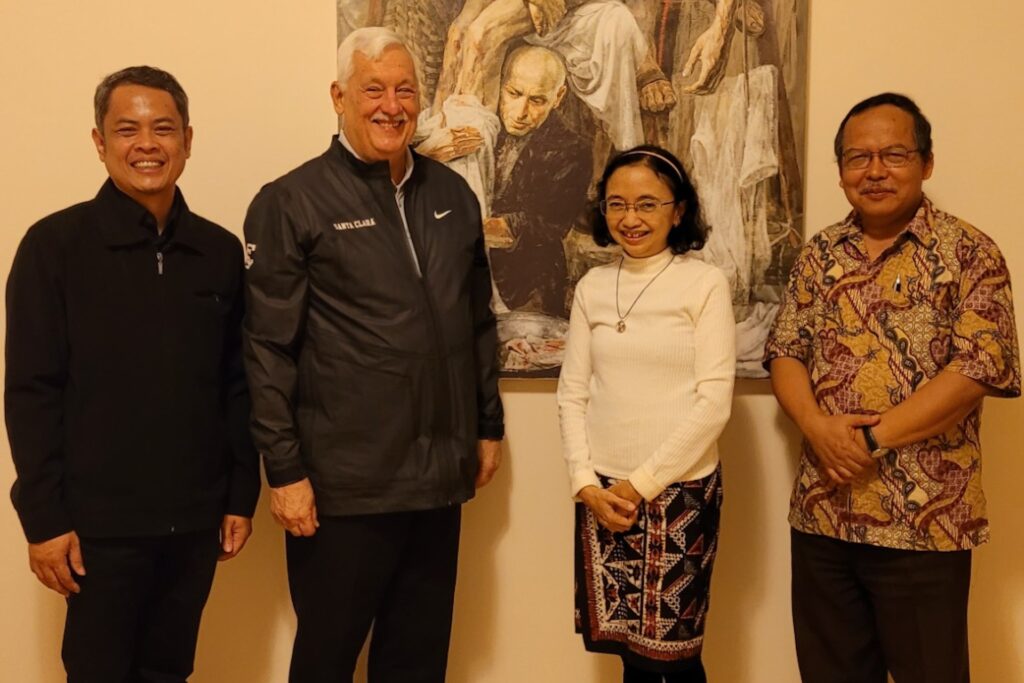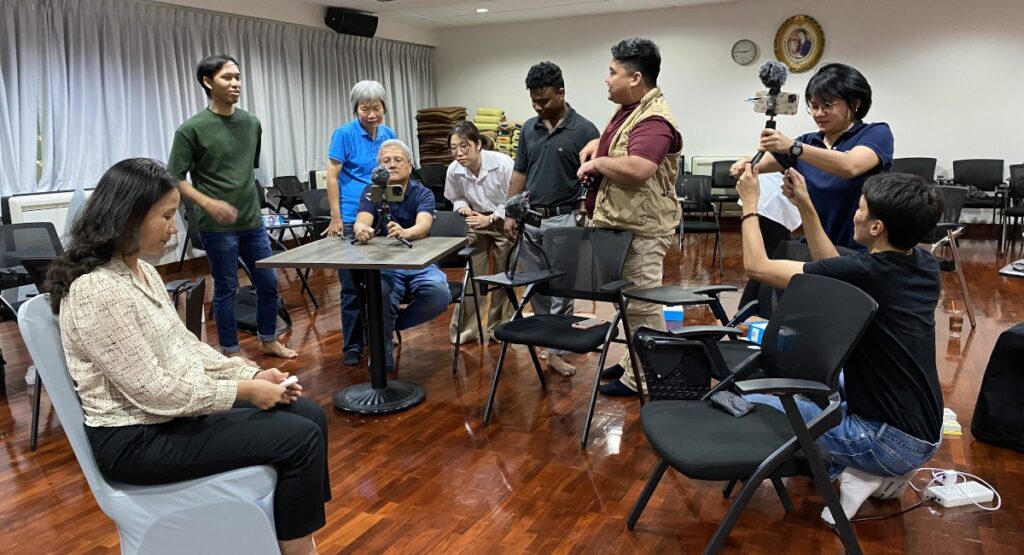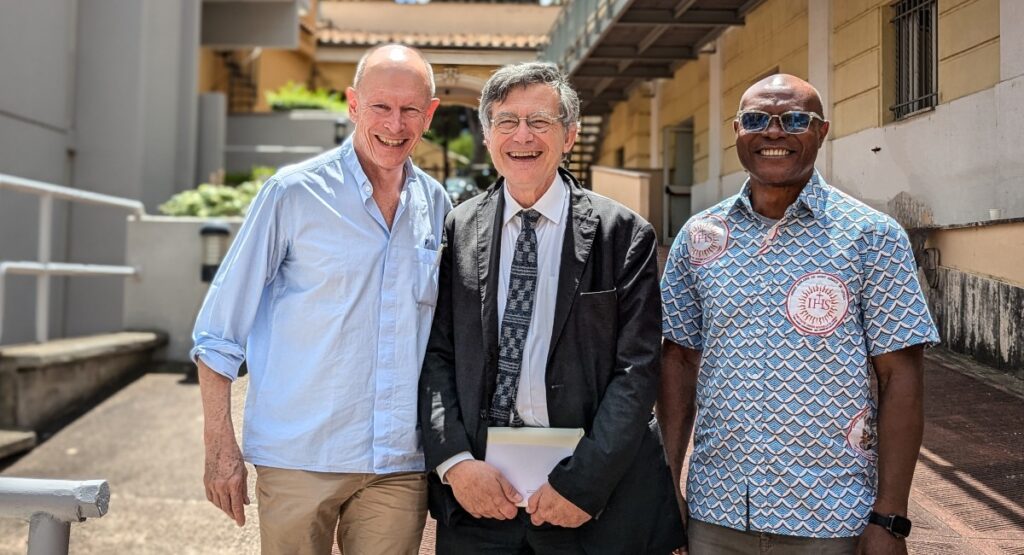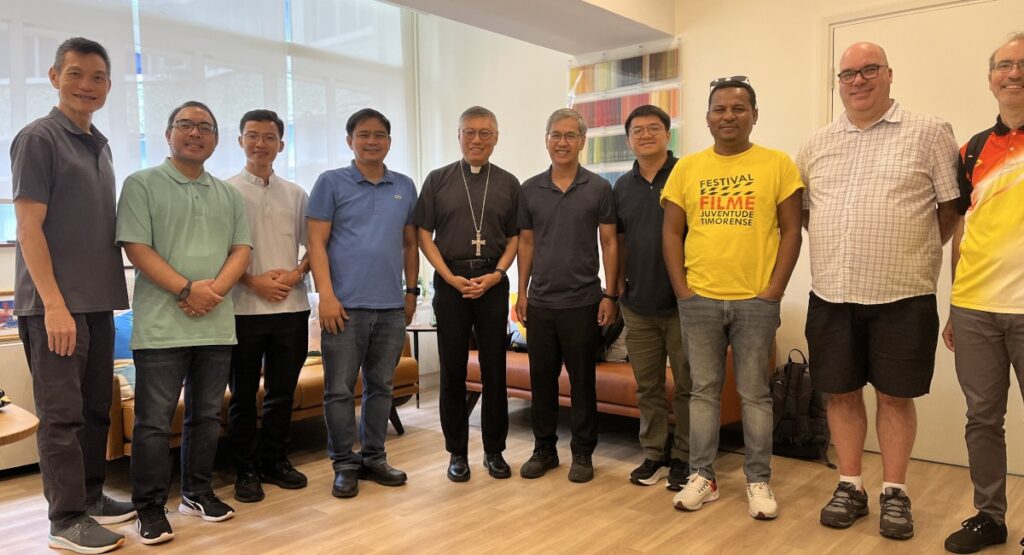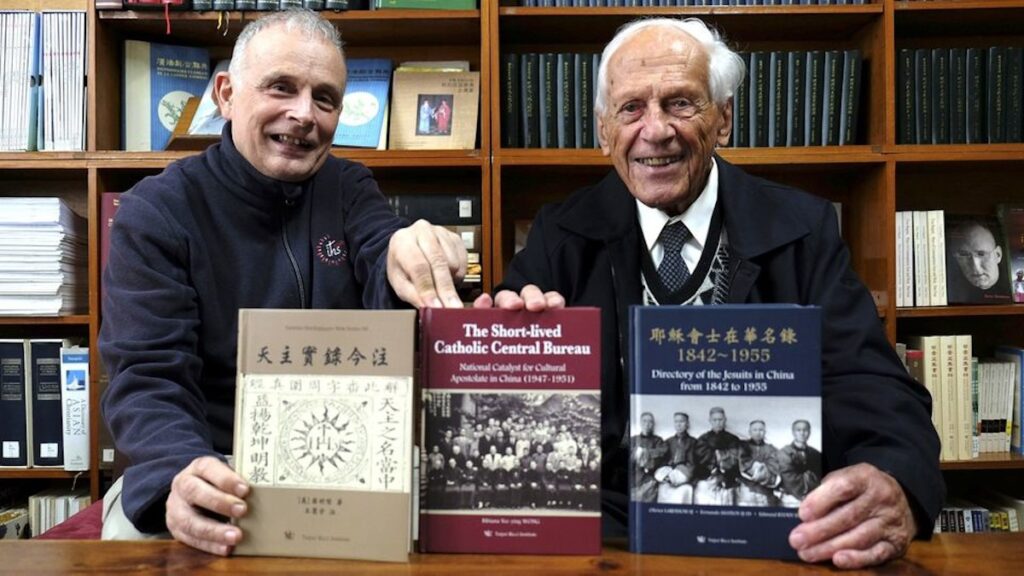In a decade, Casa de Produção Audiovisual has built a reputation for producing good film and animation productions that tell stories of the people of Timor-Leste. In recent years, it has begun producing films in conjunction with non-profit organisations and government departments to raise awareness of political and social issues in Timor-Leste.
Amalraj, its new director who joins on June 1, said, “I can see the tremendous growth of Casa de Produção Audiovisual (CPA) during the short span of 10 years. The participation of a CPA film in Prix Jeunesse Festival testifies to this growth. The plant that Fr Hofmann planted has been nurtured well by the dedicated team at CPA; it has begun to flower and will certainly bear fruit in abundance.”
CPA was established in 2002 by Fr Ruedy Hofmann SJ. It was the year Timor-Leste gained independence from the Indonesians and a time when the people were trying to rise up from centuries of violence, conflict and underdevelopment. CPA was born with the goal to build Timorese national identity through storytelling.
Amalraj has embraced this goal and says learning the language and culture (stories) of Timor-Leste will be his first step.
“My priorities are to explore and pursue collaborative ventures with stakeholders in the nation-building process and to strengthen the capabilities of the CPA team by taking up commissioned projects.”
Recent commissioned projects address the importance of voting in the presidential and general elections, national unity and corruption.
Voting
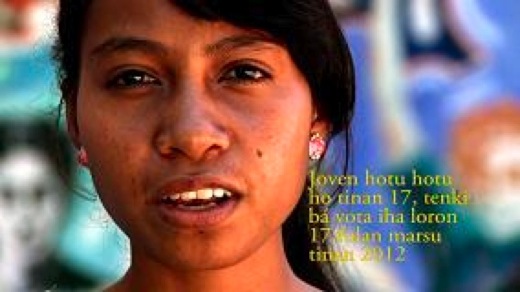
The nation first declared independence in 1975, after Portugal ended four centuries of colonial rule, but it was immediately invaded by Indonesia. It was placed under a UN mandate in 1999, ending Jakarta’s 24-year occupation that left up to 183,000 people dead from fighting, disease and starvation. Since independence, it has endured a political crisis in 2006 that killed 37 people and displaced tens of thousands, and an assassination attempt was made on former president and Nobel laureate Jose Ramos-Horta in 2008.
In cooperation with Unicef Timor-Leste, CPA produced a Public Service Announcement (PSA) to encourage the people, especially the youth, to vote and help create a peaceful situation in the country. The PSA message is that the elections are an opportunity for them to improve conditions in the country.
National unity
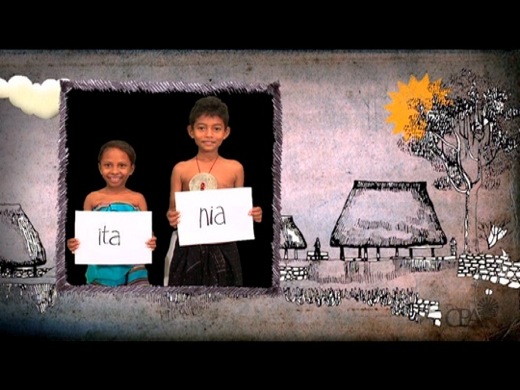
The film was also an opportunity for CPA to upgrade its skills in animation, which it did through two workshops conducted for staff by Wendy Chandler, an Australian expert in animation.
Corruption
Asia’s poorest nation, Timor-Leste has enjoyed several years of relative peace but remains hobbled by extreme poverty and corruption.
The Comissão Anti-Corrupção (Commission of Anti-corruption) asked CPA to produce a PSA for its second anniversary to campaign against corruption.
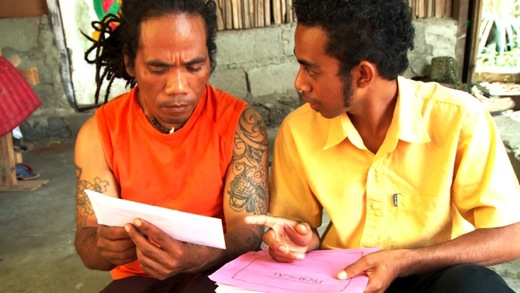
A government employee, he is tempted to take money from a big project he is responsible for to pay the dowry. A friend encourages him to do so but another friend advises him against it, saying that stealing the money would mean taking the people’s money, and it was wrong. In the end, Ameu chooses not to steal the money.
For more information on Casa de Produção Audiovisual, visit www.cpatimorleste.org.


